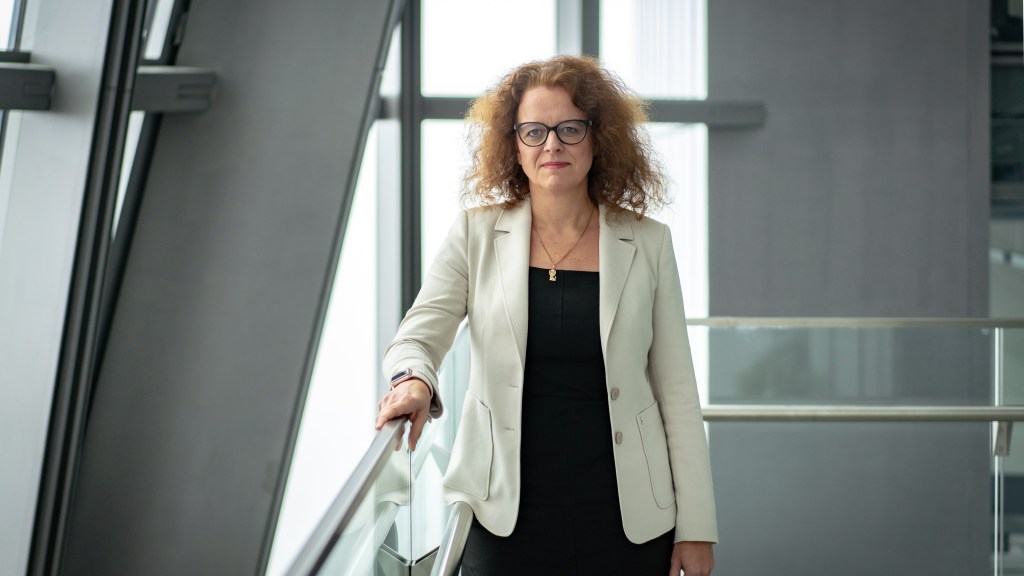Professionals eye a time bonus from rise of AI
Two thirds of professionals think that artificial intelligence could save them hundreds of hours a year, which many would want to use to rest or enjoy hobbies.
In its Future of Professionals Report, Thomson Reuters asked 2,205 people working in the global legal, tax, accounting and anti-fraud sectors how AI would transform their work. They said they could save up to four hours a week by using AI, equivalent to 200 hours a year based on average working hours.
Companies could reinvest this time in strategic work, innovation and professional development, Stever Hasker, the president and chief executive of Thomson Reuters, the information group, said. “For US lawyers alone, that is a combined 266 million hours of increased productivity. That could translate into $100,000 in new, billable time per lawyers each year, based on current average rates, with similar productivity gains projected across various professions.”
However, 24 per cent of employees said they would use the extra time saved to improve their work-life balance or wellbeing, spending more time time on hobbies or rest. This rose to 34 per cent of those in the tax and accounting sector, while respondents from law firms were more likely to want more time for business development and management tasks. The professionals acknowledged that AI could make mistakes and they were concerned about accuracy.
In total, 77 per cent of respondents said the rise of AI would transform their work in the next five years. That was up from 67 per cent last year, with AI seen as having more potential impact than other trends, including an explosion in the volume of data. Forty-one per cent said that Gen Z entering the workforce would have a high or transformational affect on their profession, roughly similar to their perceived impact of global political instability (40 per cent).
Some saw limits to the application of AI. “A vast majority of professionals in the legal and tax sector believe that allowing AI to represent clients in court or make final decisions would be a step too far,” Hasker said.




Publicar comentario